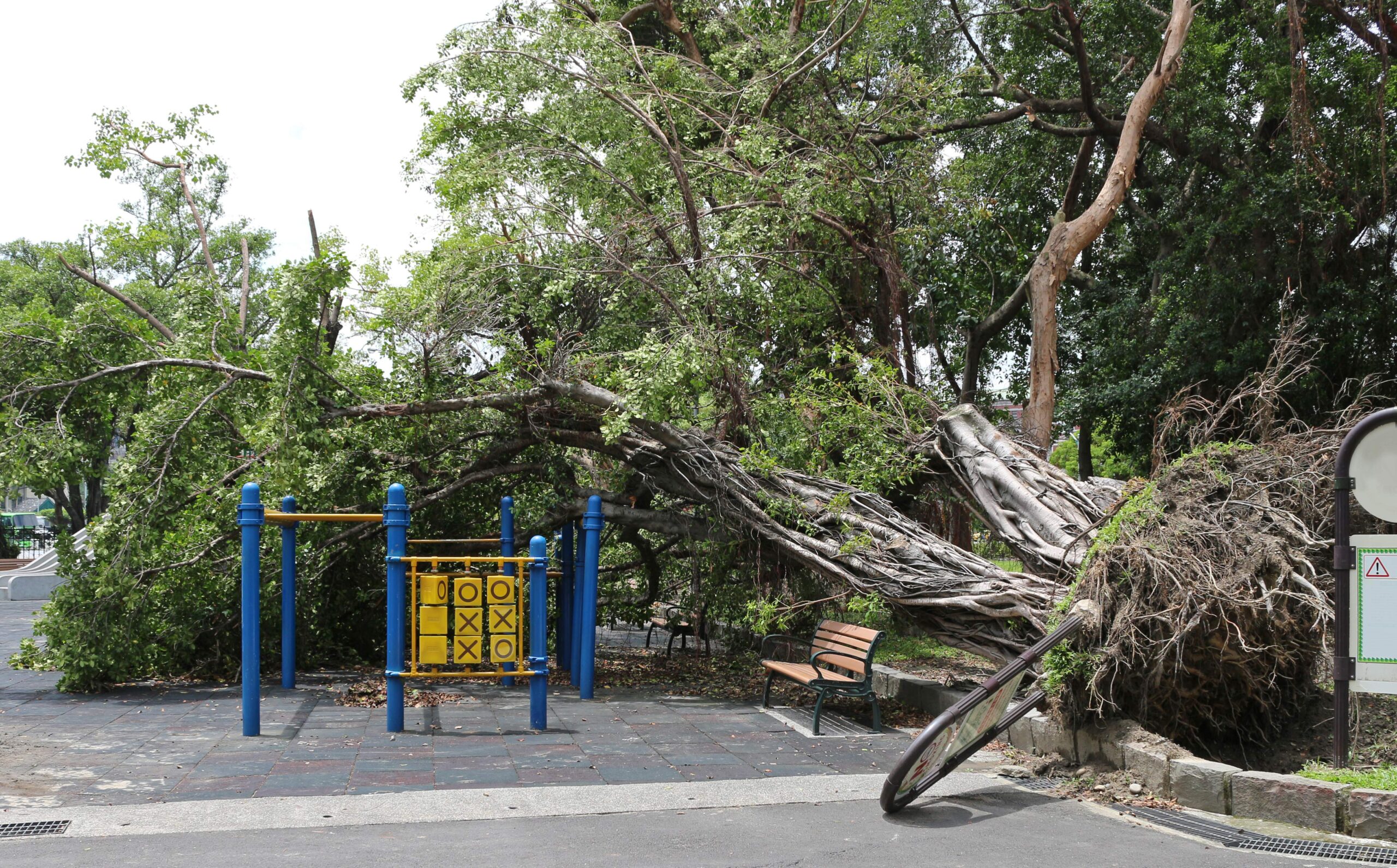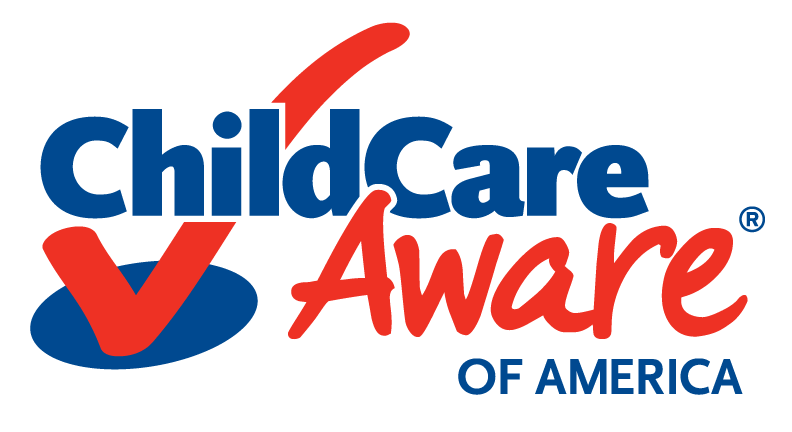Hurricanes are dangerous and have the potential to cause a lot of damage. The threat extends past coastal communities, as high winds, heavy rainfall, tornadoes, and flooding can impact inland areas in the path of the storm. It is important that child care providers know their risk of being impacted by a hurricane so they can be prepared.

Emergency Preparedness
If your child care program has any risk of being impacted by a hurricane, be sure you are prepared. All hurricanes, not only major ones, can cause considerable damage. If there is a chance you might be impacted by a hurricane, it should be included in your emergency plan, and you need to practice evacuation drills regularly. Sign up for emergency alerts, including alerts from your city/county, so you are aware of emergencies in advance.
It is important to be familiar with terms associated with hurricanes:
- Hurricane Watch – No hurricane yet, but weather conditions could cause one. Experts will announce a hurricane watch 48 hours before they think dangerous winds will start.
- Hurricane Warning – A hurricane has already started or is just about to start.
Hurricane seasons vary by area.
- Eastern Pacific Hurricane Season: May 15-November 30
- Atlantic Hurricane Season: June 1-November 30
- Central Pacific Hurricane Season: June 1-November 30
Consider the steps you need to take to prepare your child care business for a hurricane, including:
- Review your insurance policy with your insurance agent
- Secure your home or business by making necessary repairs or improvements.
- Make a home or business inventory.
- Stock emergency supplies, based on the needs of the enrolled children and staff who work with them.
- Develop an evacuation plan.
Make sure you have a plan in place to make families and staff aware of your plan in case of a hurricane.
Emergency Response
In the event of a hurricane, follow the steps you have outlined in your written emergency plan.
If you are directed to evacuate, do so immediately. Make sure you take your emergency supply kit with you. If you are not in an area that is advised to evacuate, plan for adequate supplies in case you lose power and water for several days and you are not able to leave due to flooding or blocked roads.
Consider the steps you need to take to respond to a hurricane watch or warning, including:
- Fill the gas tank of your vehicles(s)
- Listen for advisories on the radio, TV, or social media.
- Charge your cell phone and tablet batteries.
- Bring items inside your home or facility.
- Move important papers and valuables.
- Turn your refrigerator to the coldest setting in case you lose power.
- Fill your clean bathtub, if applicable, to serve as a potential source of water.
Emergency Recovery
After a hurricane, once it is safe, an important first step is to assess the impact of the storm. Some inspections will be simple, others may need the assistance of a professional, such as a structural engineer.
Conducting this assessment early on is important, as the information obtained can be used to communicate the condition of the facility as well as the status of the program to the local CCR&R, licensing consultant or supervisor.
Damage assessments are also useful in case a child care program is eligible to apply for disaster assistance. In some cases, additional funding may be available to supplement out-of-pocket costs or provide for expenses not covered by insurance.
Documentation Tips:
- Begin documenting your damage claim by taking an inventory of your damaged or destroyed belongings and gathering your insurance policy documents.
- Use a digital camera or the camera on your phone to photograph any damage (both interior and exterior of the building as well as contents).
- Once you have gathered necessary documents and evidence of your claim, contact your insurance company or agent.
- If you need to purchase supplies or materials, SAVE ALL RECEIPTS.
If you are unable to provide child care services due to hurricane damage, be sure to notify staff and families as soon as possible.
Disaster Assistance:
If a federal disaster is declared in the area, assistance may be available through FEMA. Visit FEMA Disaster Assistance to learn more.
Next Steps
If you need additional guidance on hurricane preparedness, response, and recovery, contact your local CCR&R. You can also reach the Child Care Aware of America Emergency Preparedness, Response, and Recovery team at preparedness@usa.childcareaware.org
Related CCAoA Resources
- Hurricane Season Preparation
- Child Care Emergency Preparedness
- Business Continuity
- Emergency Supply Kits
- Power Outages and Food Safety
- Helping Children Cope
- How Insurance Protects You in an Emergency
- Reducing the Financial Toll of Emergencies
Other Resources
- A Hurricane Comes to Sesame Street (Sesame Street in Communities)
- Hurricanes (Ready.gov)
- Hurricanes and Other Tropical Storms (Centers for Disease Control and Prevention)
- Hurricane Resources (The National Child Traumatic Stress Network)
- 10 Tips for Keeping Children Safe in a Hurricane (Save the Children)
- Hurricane Preparedness (American Academy of Pediatrics)
- Ready Wrigley (CDC)
- Sample Damage Assessment Tool (California Childcare Health Program)


